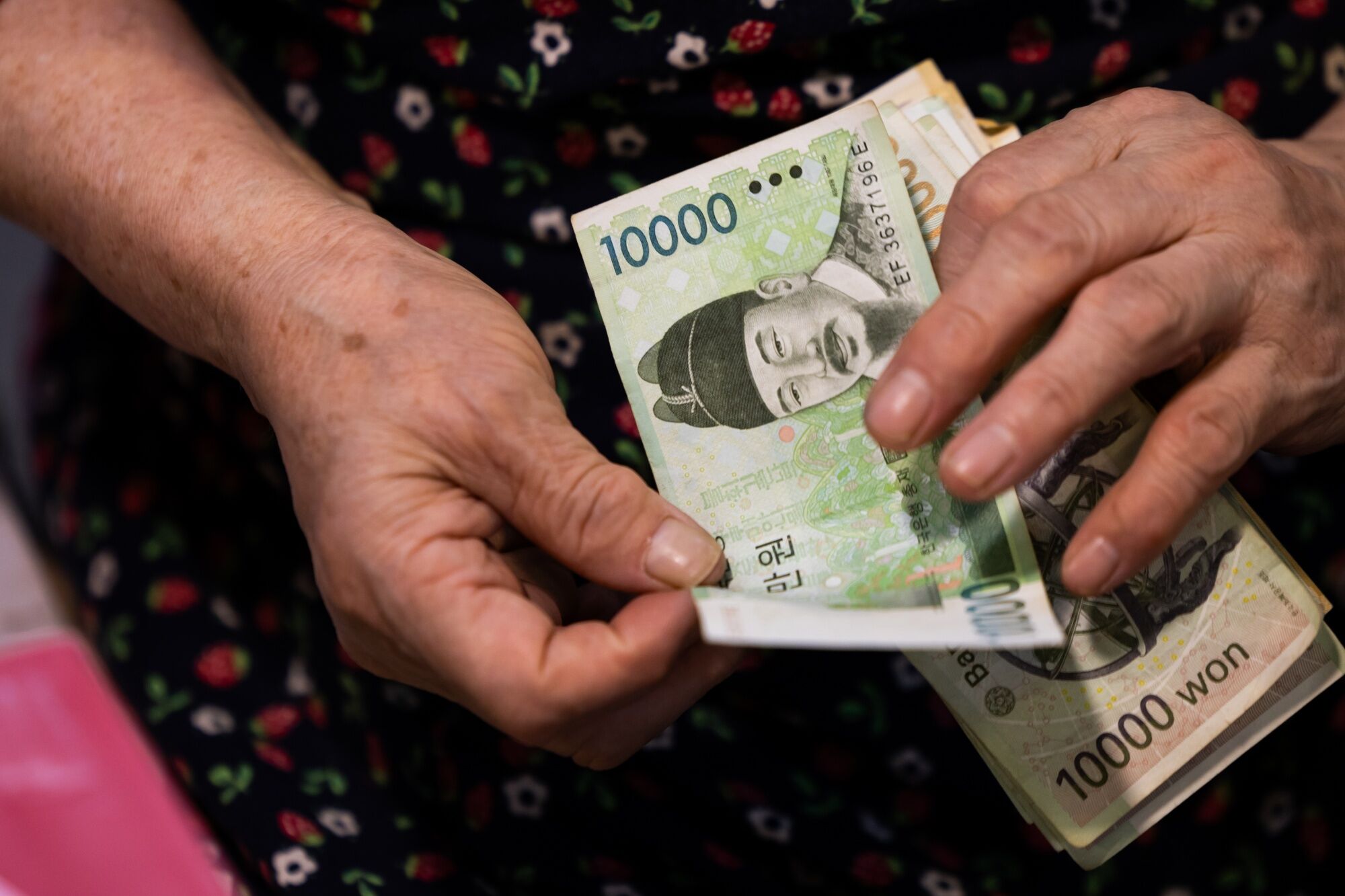South Korea’s Whirlwind Stint in Martial Law Jolts Markets

(Bloomberg) -- South Korean President Yoon Suk Yeol’s surprise decision to impose martial law in South Korea for the first time in more than 40 years — and then just as swiftly reverse course — sparked whiplash in the country’s foreign-traded assets and caught global markets off guard, at one point sending US Treasury yields lower as traders sought a haven from potential instability.
Most Read from Bloomberg
In an emergency address delivered live to the nation, Yoon stunned voters, lawmakers and investors alike by declaring martial law on Tuesday after accusing the opposition of trying to paralyze his administration.
The decision, Yoon said, was made to protect freedom and constitutional order, but the market’s early verdict was swift: South Korean-related ETFs, its currency and most actively traded stocks all sharply weakened, while US government bonds and even Bitcoin were also briefly caught up in a risk-off flight to quality.
Korean shares and the won then regained some lost ground after South Korean authorities vowed to provide “unlimited liquidity” to markets as needed and lawmakers voted to request lifting the shock measure, which Yoon ultimately agreed to do. Even so, the move, however brief, created fresh uncertainties within a major economy and pillar of global trade, keeping investors on edge.
“This is clearly going to raise longer term concerns about investing in Korea,” said Mark Ledger-Evans, an investment analyst at Ninety One UK Ltd. “There will need to be a higher risk premium.”
The iShares MSCI South Korea exchange-traded fund (ticker EWY) sank as much as 7.1% in US trading, while London-listed shares of Samsung Electronics lost as much as 7.5%. The onshore Korean won weakened as much as 2.9% to 1444.65 per dollar, leading losses among currency markets amid thin trading during the New York session.
“The domestic uncertainty adds to the external pressures in recent weeks as the market is starting to price in the rise of higher US tariffs under the new Trump administration,” said Aroop Chatterjee, a strategist at Wells Fargo in New York.
Trading volume for the $3.9 billion iShares MSCI South Korea ETF reached a record for any full day in the fund’s more than 20-year lifespan. About 32 million shares traded as of 1:45 p.m. in New York, about 17 times the 20-day average for this time of day.
Other South Korean ADRs also declined. E-commerce company Coupang Inc. fell as much as 9.8% in US trading, alongside losses in steel processor Posco Holdings Inc. and KB Financial Group Inc. The Korea Exchange, the nation’s main stock bourse, said Wednesday trading is under review.
Breaking news
See all






